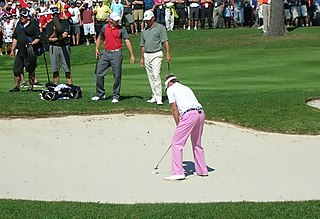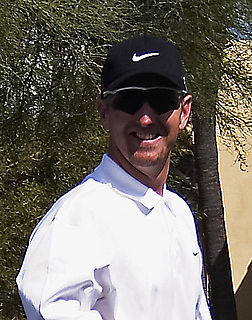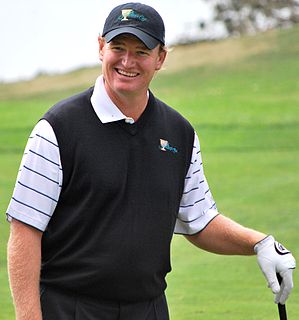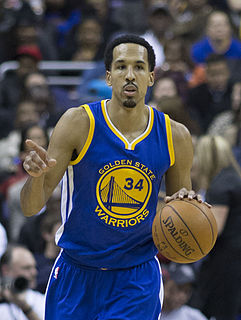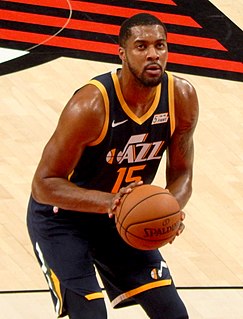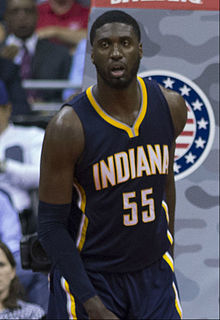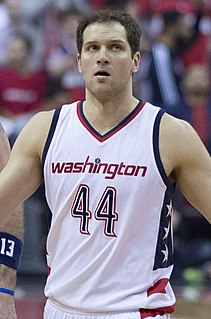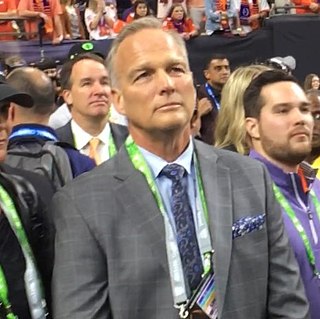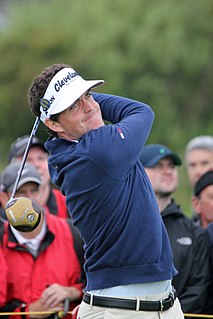A Quote by Ian Poulter
We look at the poor shots and ask why. Then we work on stability and balance. We're always trying to get the club in the little bit better position so we hit fewer poor shots.
Related Quotes
I build confidence when I practice a variety of shots - hitting it high or low, working the ball. A lot of golfers go to the range and just hit full shots. That doesn't build on-course confidence, because you won't always hit full shots out there. My confidence is built on knowing I can effectively work the ball in any circumstance.
If a man were poor or hungry, [some] would say, let us pray for him. I would suggest a little different regimen for a person in this condition: rather take him a bag of flour and a little beef or pork, and a little sugar and butter. A few such comforts will do him more good than your prayers. And I would be ashamed to ask the Lord to do something that I would not do myself. Then go to work and help the poor yourselves first, and do all you can for them, and then call upon God to do the balance.
When you live in a poor neighborhood, you are living in an area where you have poor schools. When you have poor schools, you have poor teachers. When you have poor teachers, you get a poor education. When you get a poor education, you can only work in a poor-paying job. And that poor-paying job enables you to live again in a poor neighborhood. So, it's a very vicious cycle.
